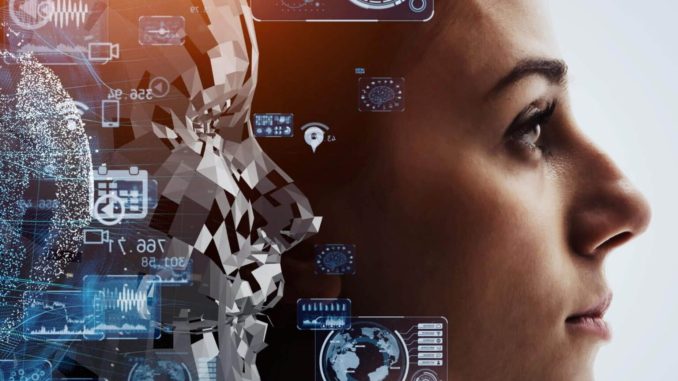
Artificial Intelligence (AI) has rapidly evolved from a niche area of computer science to a driving force behind much of today’s technological advancement. From smartphones and self-driving cars to healthcare and finance, AI is reshaping the way we live, work, and interact with the world. As we delve deeper into the 21st century, the role of AI in modern technology development has become not just significant, but essential.
1. Accelerating Innovation Across Industries
AI’s ability to analyze massive datasets, identify patterns, and make predictions has enabled innovations that were previously unimaginable. In healthcare, AI-powered systems can diagnose diseases like cancer and diabetic retinopathy with accuracy comparable to or even surpassing that of human doctors. In finance, AI algorithms detect fraudulent transactions in real-time and optimize trading strategies. In manufacturing, AI enhances quality control, supply chain logistics, and predictive maintenance.
These applications demonstrate how AI accelerates innovation by optimizing existing systems and creating new possibilities across multiple industries.
2. Transforming the Workforce and Automation
AI is also transforming the workforce by automating repetitive and labor-intensive tasks. In sectors like customer service, AI chatbots handle millions of interactions daily, offering 24/7 support. In agriculture, AI-driven drones and sensors monitor crop health and automate irrigation. While there is concern about job displacement, AI also creates new roles in AI ethics, data analysis, and system design, requiring a shift toward more skilled labor and lifelong learning.
The key challenge lies in managing this transition responsibly, ensuring that workers are supported with retraining and education.
3. Enhancing Personalization and User Experience
One of AI’s most visible impacts is in enhancing personalization. From recommendation engines on streaming platforms to targeted advertising and personalized healthcare, AI tailors experiences to individual preferences. This capability is powered by machine learning models that continuously improve through user interactions, creating more engaging and relevant experiences.
Such personalization drives customer satisfaction, boosts efficiency, and contributes to increased revenue for businesses.
4. Enabling Smarter Infrastructure and Urban Planning
Smart cities rely on AI to manage resources efficiently, reduce traffic congestion, and improve public safety. AI systems analyze data from sensors and cameras to make real-time decisions about traffic light timing, emergency response, and waste management. Additionally, AI is playing a crucial role in energy optimization, helping to reduce environmental impact through smarter grids and renewable energy integration.
By enabling smarter infrastructure, AI supports sustainable urban development and improved quality of life for residents.
5. Challenges and Ethical Considerations
Despite its benefits, AI development also raises important ethical and societal questions. Issues such as data privacy, algorithmic bias, and accountability in autonomous systems must be addressed. There is a growing need for transparent AI systems that can be audited and regulated to ensure fairness, safety, and respect for human rights.
Governments, businesses, and academia are increasingly recognizing the importance of responsible AI development, promoting frameworks and policies to guide ethical usage.
Conclusion
Artificial Intelligence is a cornerstone of modern technology development, driving progress in virtually every domain. While its potential is vast, realizing the benefits of AI requires careful consideration of its ethical implications, thoughtful integration into society, and a commitment to continuous innovation. As we look ahead, the role of AI will only expand, making it a central pillar of the technological landscape of the future.